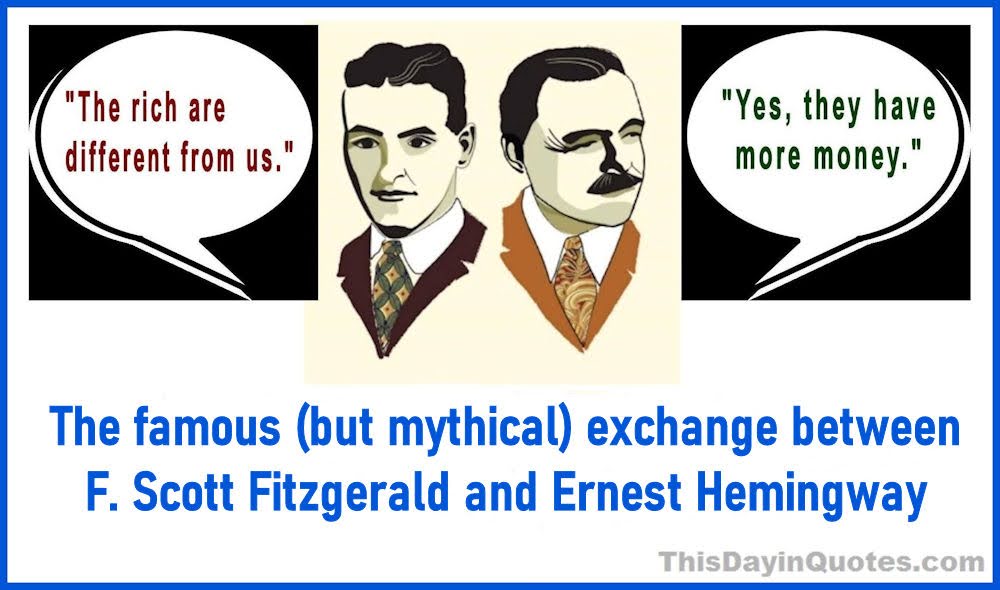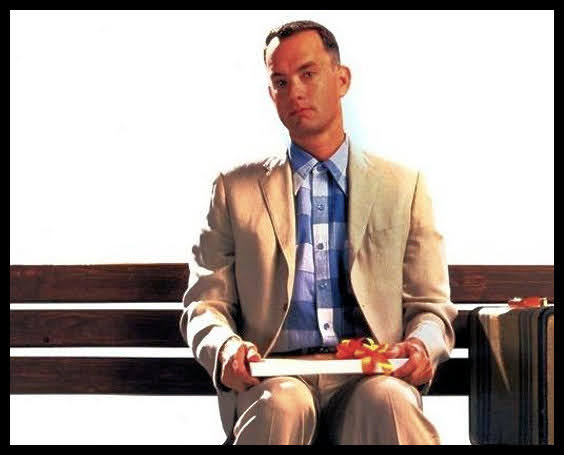
On July 21, 1958, a week after being released, Doris Day’s recording of the song “Everybody Loves a Lover” entered the Billboard Top 40.
The 45 RPM single, issued by Columbia Records, eventually reached #6 on both the CashBox and Billboard charts.
It was a last big charting hit in the US for Day and has remained one of her most popular songs.
The lyrics were written by veteran lyricist Richard Adler; the music by composer Robert Allen.
Adler and Allen had previously collaborated on the songs for the 1954 Broadway musical The Pajama Game, which was a huge success.
In 1957, Doris Day was tapped as the female lead for the movie adaptation, which was also highly successful.
After working on The Pajama Game, Day told Adler she was looking for a novelty song to record.
Adler’s marriage to his first wife, songwriter and playwright Marion Hart, had hit the rocks at the time — a fact that led, ironically, to the song he wrote for Day.
On a trip to Europe in 1957, he had been introduced to actress and singer Sally Ann Howes.
According to Adler, it was love at first sight.
On January 1, 1958, the same day his divorce from Marion was finalized, Adler married Sally Ann.
Marion was apparently furious and threatened to ruin Adler’s career by publicly attacking him as a philanderer in the news media.
 In his 1990 autobiography, You Gotta Have Heart, Adler says he called his lawyer, Sidney Cohn, and expressed his concerns about her threat.
In his 1990 autobiography, You Gotta Have Heart, Adler says he called his lawyer, Sidney Cohn, and expressed his concerns about her threat.
Cohn felt press coverage of Adler’s love for and marriage to Howes was unlikely to create a scandal that would hurt his songwriting career.
“Be happy,” he told Adler. “You know what Shakespeare said. All the world loves a lover.”
Adler recalled thinking: “Shakespeare doesn’t know what Marion said. Still, I could relax now, think about the future, and get back to writing.”
When Doris Day approached him about writing a novelty song for her, he remembered the line Cohn had attributed to Shakespeare.
In fact, “All the world loves a lover” doesn’t appear in any of William Shakespeare’s works. Nor did he ever use the words “Everybody loves a lover.”
From what I can tell, the Shakespeare line that comes closest is in his play As You Like It. In Act 3, Scene 4, the character Rosalind says: “The sight of lovers feedeth those in love.”
Some people have attributed “Everybody loves a lover” to American writer and philosopher Ralph Waldo Emerson, probably because he did say something like it. In 1841, Emerson wrote in his essay “Love,” that “All mankind love a lover.”
However, it appears that Richard Adler deserves credit for creating the now proverbial formulation “Everybody loves a lover.”
The biography Doris Day: Sentimental Journey (2010) by Garry McGee says Adler remembered Cohn’s mistaken Shakespeare quote then “took the line, reworked the wording, and came up with lyrics that became ‘Everybody Loves a Lover.’ He met with composer Bob Allen and in a short time the two had a completed song, which they felt was a hit.”
They were right. The song was a hit for Day and was covered by a long list of other singers and bands.
My own favorite is the classic early rock version recorded by The Shirelles in 1962.
Adler’s use of “Everybody loves a lover” as both the title and the first line in the lyrics of what became a highly popular song also made those words a famous quotation, though most people don’t know who wrote them.
In case you want to queue up one of the many versions of song on YouTube and sing along, you can find the full lyrics on these sites.
* * * * * * * * * *
Comments? Corrections? Questions? Email me or post them on my Famous Quotations Facebook page.
Related reading, listening and viewing…







 But somehow, the misquoted version took on a life of its own shortly after The Empire Strikes Back was released.
But somehow, the misquoted version took on a life of its own shortly after The Empire Strikes Back was released. 






















